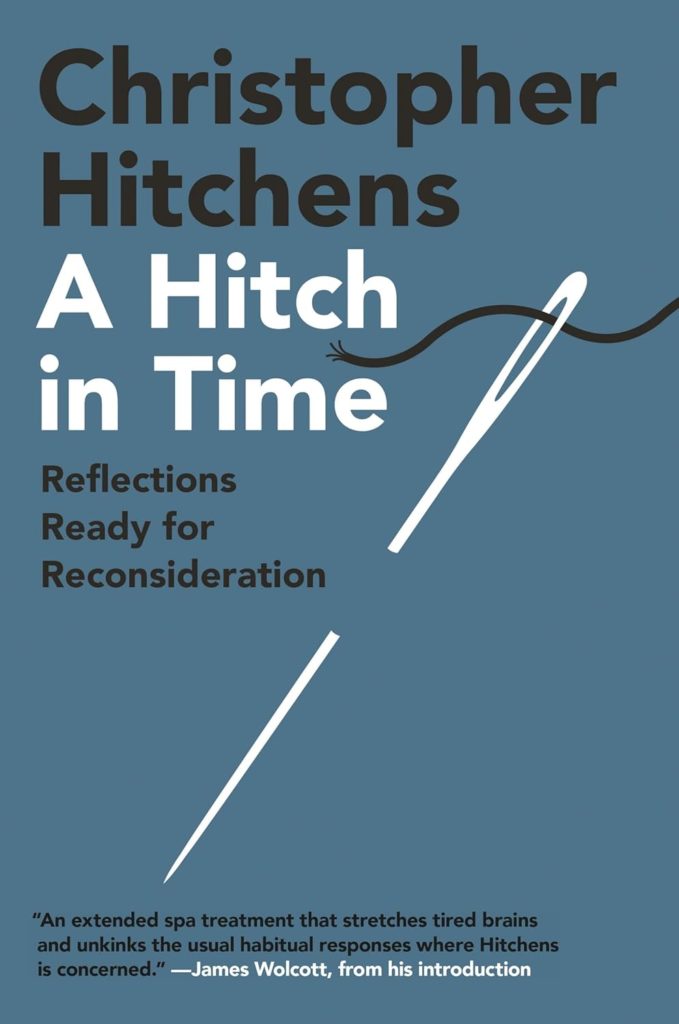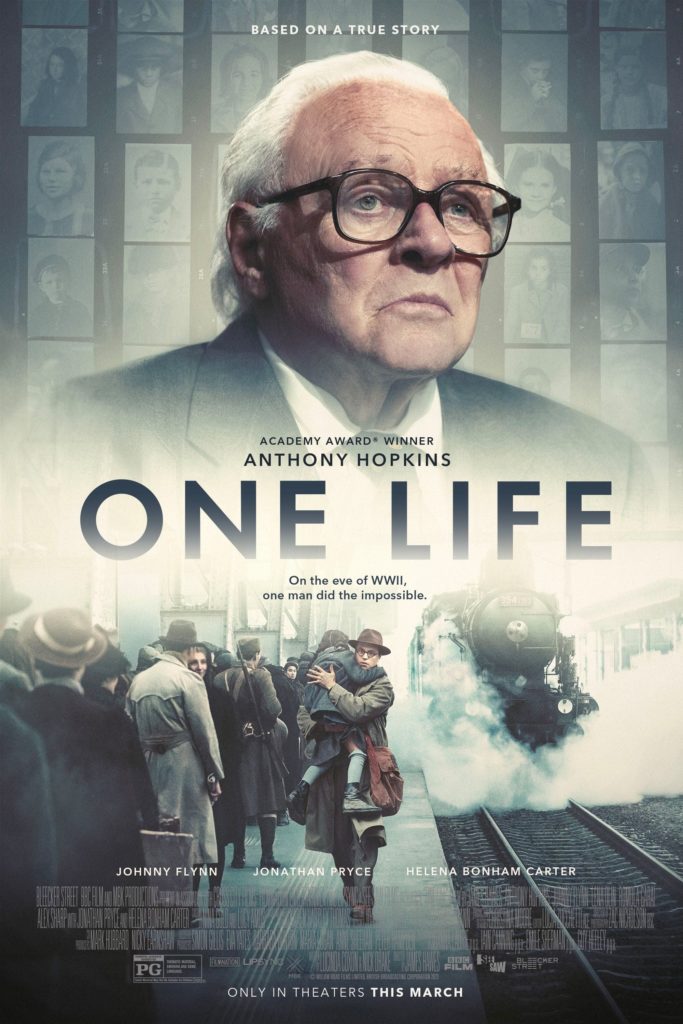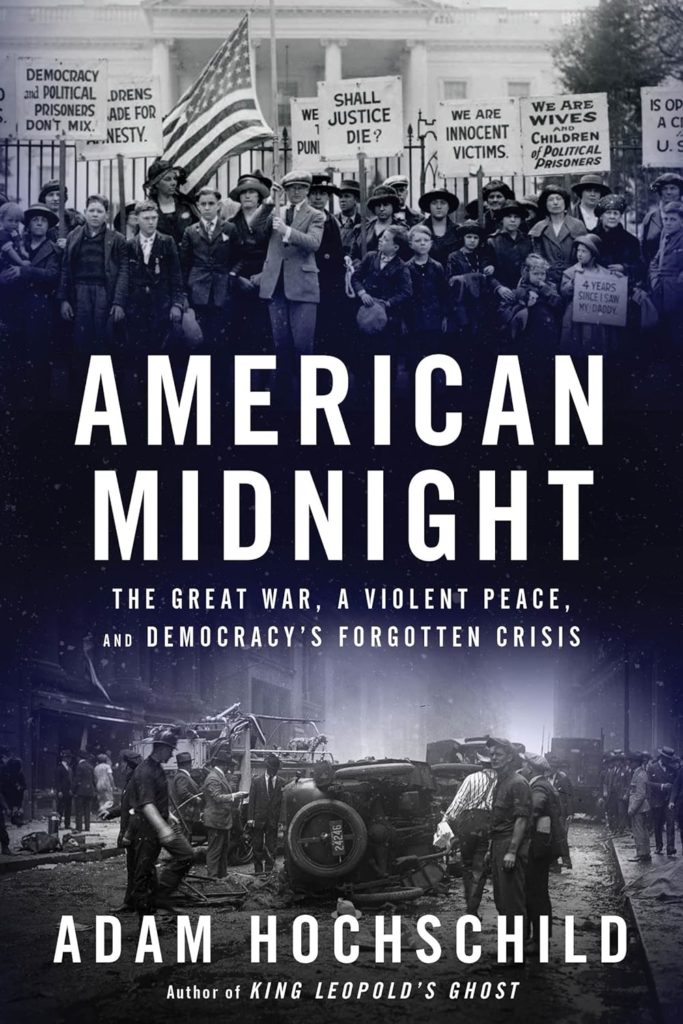
Sometimes a film is just bad. But I went to see this anyway because I like Sam Worthington — or at least I feel bad for Sam Worthington because James Cameron’s promise that he’d become a huge star never happened. (Although he’s got a part in Kevin Costner’s new two part movie about the west and he also has all those Avatar follow up movie (3 more that I know of), so he’ll be working until at least 2031.
The only thing that kept me awake during this was my suspicion that there was some unspoken polemical ideas about white people.
And I think I would have said no, except for the fact that the only people who seem to have survived in New York City is this small black family and one day, two white people come racing up to their home with guns and equipment to get in. They want to study the father’s scrubbing system which keeps the air fresh inside the home and dumps the CO2 into the outside atmosphere. Gasp! Who wouldn’t believe them. Apparently, they live in a community in a former bomb shelter in Philadelphia, but their scrubbers aren’t functioning as well and they have only weeks to live. Now the word black or African American is never mentioned. The only reference is a book the grandfather gives to his granddaughter about Malcolm X. All of that was okay for me, but then toward the end, the granddaughter is on the radio with her mother and says, “These white people are crazy.” That’s when I realized this was a black paranoia movie.
Like one small example, with no water, oxygen and plant life, did the small family which initially consisted of grandpa, dad (played by Common), mom (played by Jennifer Hudson) and the granddaughter (played by I don’t know), think they could go on forever this way, as long as they had enough Campbell’s soup (product placement)? What did they think was in store for their daughter? These questions are more pressing and dramatic and necessary in Cormac McCarthy’s The Road. And in fact a master work like that makes you think very deeply about what does it mean to be alive, and why should you try to keep doing it?
This never asks those questions. It’s more interested in showing how white people lie. Not even something I disagree with. But as a movie it was just terrible.





